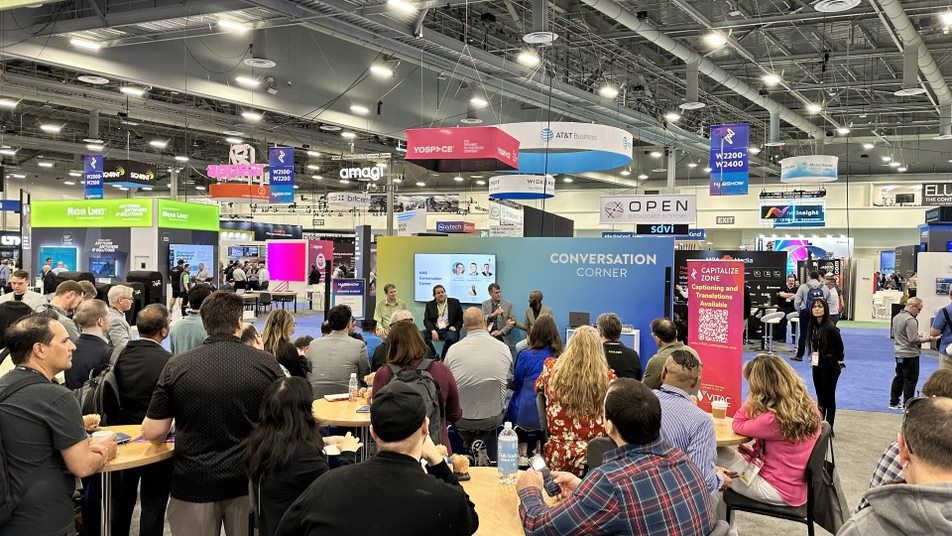A class action lawsuit filed in Massachusetts district court argues that video streaming giant Hulu LLC excludes the blind and visually impaired.
The complaint, filed late last month by the American Council of the Blind and Bay State Council of the Blind, accuses Hulu of violating the Americans with Disabilities Act by failing to provide audio description tracks for the content it provides. The suit alleges that Hulu’s lack of audio descriptions excludes members of the blind and visually impaired community from fully enjoying the company’s video streaming services.
Audio description is a separate audio track that provides a verbal description of visual elements on screen, especially in scenes with no dialogue.
Additionally, the suit alleges that Hulu’s website and mobile apps are not accessible to blind and visually impaired individuals who use screen readers — software programs that allow users to read the text displayed on a computer screen with a speech synthesizer or braille display — to navigate the internet.
“Despite readily available technology that would render its streaming services accessible to blind and visually impaired persons, Hulu chooses to exclude these potential users on the basis of disability by refusing to provide audio description tracks and maintaining a website and applications that are inaccessible to individuals using screen readers,” the complaint said. “By failing to make their online video-streaming services accessible to blind and visually impaired persons, Hulu violates basic equal access requirements under federal law.”
The class action does not seek monetary damages but, rather, only to secure equal access to Hulu’s services. The case is American Council of the Blind et al v. Hulu LLC, case number 1:17-cv-12285, in the U.S. District Court for the District of Massachusetts.
This isn’t the first time that audio description accessibility has been a topic for discussion.
In 2016, the American Council of the Blind and Bay State Council of the Blind reached an agreement with streaming service provider Netflix, which pledged to add audio descriptions for many popular titles, such as its “Netflix Original” programming, in both its online streaming platform and disc rental service. Netflix also agreed to make its website and mobile apps accessible to individuals who are blind and use screen-reading software.
This past April, AMC, one of the country’s largest movie theater chains, settled a class action suit that alleged that although the theater provided audio description devices, it offered blind movie-goers malfunctioning equipment or the wrong technology, such as those intended for deaf patrons. AMC settled the matter and, as part of the deal, agreed to train employees on how to set up, use, and test the devices. The company also is working to make its website and mobile app more accessible.
In January, the producer of the multiple Tony Award-winning musical “Hamilton” was sued by a blind theatergoer who claimed the show violated federal law by failing to offer services to help blind and visually impaired people. The complaint argued that the show’s producer and venue operator should provide live audio description via headphones to help people follow the stage action in scenes without dialogue or those with significant visual effects.
And, this month, the Broadway League announced that it’s working with theaters to improve the experience for audience members who are deaf, hard of hearing, blind, or visually impaired. A number of theaters have begun, or will begin, using closed captions and audio descriptions via mobile devices and headsets to better convey the action on the stage.




